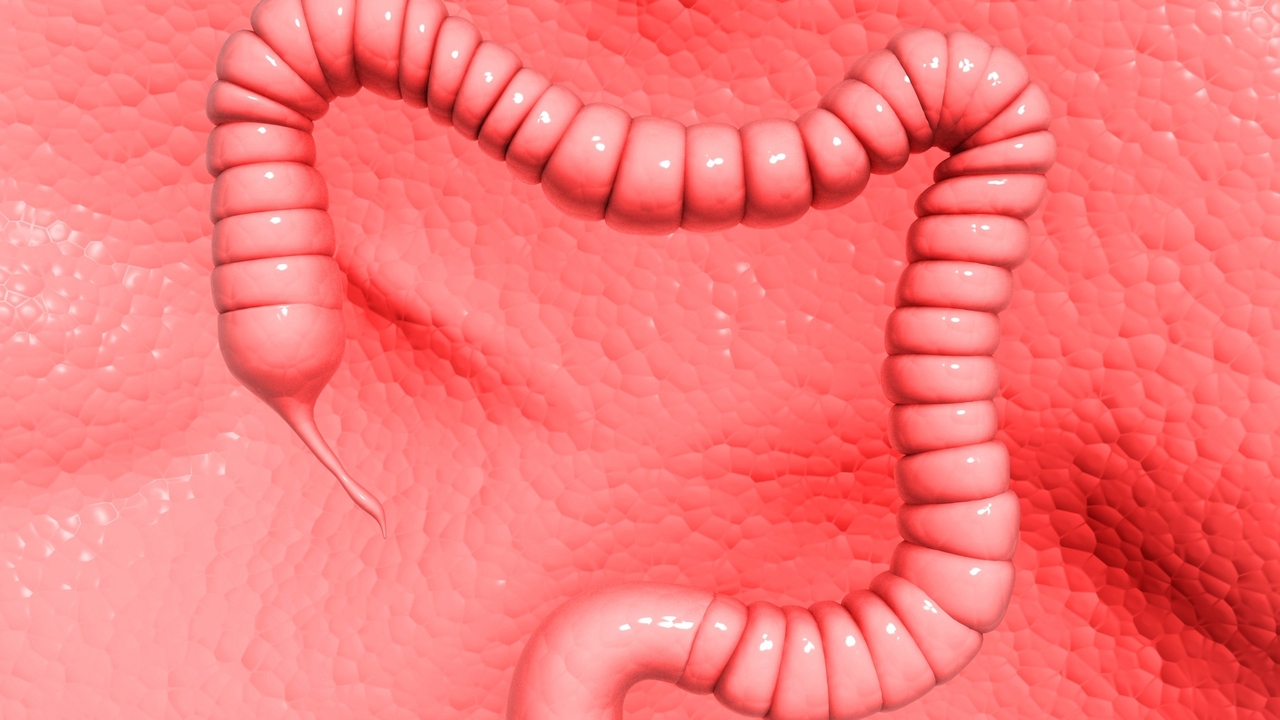If you've been experiencing gastrointestinal symptoms and your doctor has found polyps in your colon, it helps to know as much about them as possible so that you can have an equal relationship with your doctor and make knowledgable decisions about your healthcare.
What are Polyps?
A polyp is an abnormal growth of tissue that grows in the colon or rectum or both. There are several different types:
Adenomatous Polyps - this simply means that the polyp is benign, or not cancerous, but can sometimes develop into cancer.
Hyperplastic Polyps - these polyps are not associated with cancer, are usually smaller in size and occur in response to a normal physiological event, for instance, caused by an intestinal injury.
Hamartomatous Polyp - a hamartoma is another benign polyp. This abnormal tissue growth can grow at the same speed as normal cells. It is not cancerous but can occur anywhere in or on the body. If they are located on the skin, they can be disfiguring, depending on where they are and what size they grow to. If they are located internally, they can cause blockages of vital organs and in extreme cases, be life threatening.
Inflammatory Polyp - this is primarily associated with crohns disease and ulcerative colitis. People with these conditions often have poor immune systems due to lack of healthy gut flora.
Malignant Polyp - this is a ployp which has developed into cancer. If you have been diagnosed with a malignant polyp in your colon or rectum, then you have colorectal cancer.
Why would a Doctor Remove all Polyps if They Aren't Cancer?
Your healthcare provider will normally remove all polyps because even though they aren't cancer, most cases of colorectal cancer begin from benign polyps.
Will Polyps Go Away Without Intervention?
Polyps do not go away without being removed, although they can sometimes stay the same size. Often, they are asymptomatic so a person would not know they had them until they have a colonoscopy or other medical investigation.
Can Diet Prevent the Growth of Polyps?
Yes, there is some evidence to show that vitamin D and calcium can lower your risk of polyps and colon cancer. In addition, eating a low fat, high fiber diet has also been shown to lower the risk. If you eat lots of fats, don't eat many fruits, vegetables and grains and you smoke or drink alcohol, you increase your chances of getting colon cancer.
What Age Am I Most at Risk From Colon Cancer?
Colorectal cancer is extremely rare in children and young adults. The most common age to get it is age 50 and over, particularly if you smoke or drink heavily. Post-menopausal women are also more likely to get it. Eating estrogen promoting foods might have a protective effect at this age.
Joanna is a freelance health writer for The Mother magazine and Suite 101 with a column on infertility, http://infertility.suite101.com/. She is author of the book, 'Breast Milk: A Natural Immunisation,' and co-author of an educational resource on disabled parenting, in addition to running a charity for people damaged by vaccines or medical mistakes.






Add a CommentComments
There are no comments yet. Be the first one and get the conversation started!